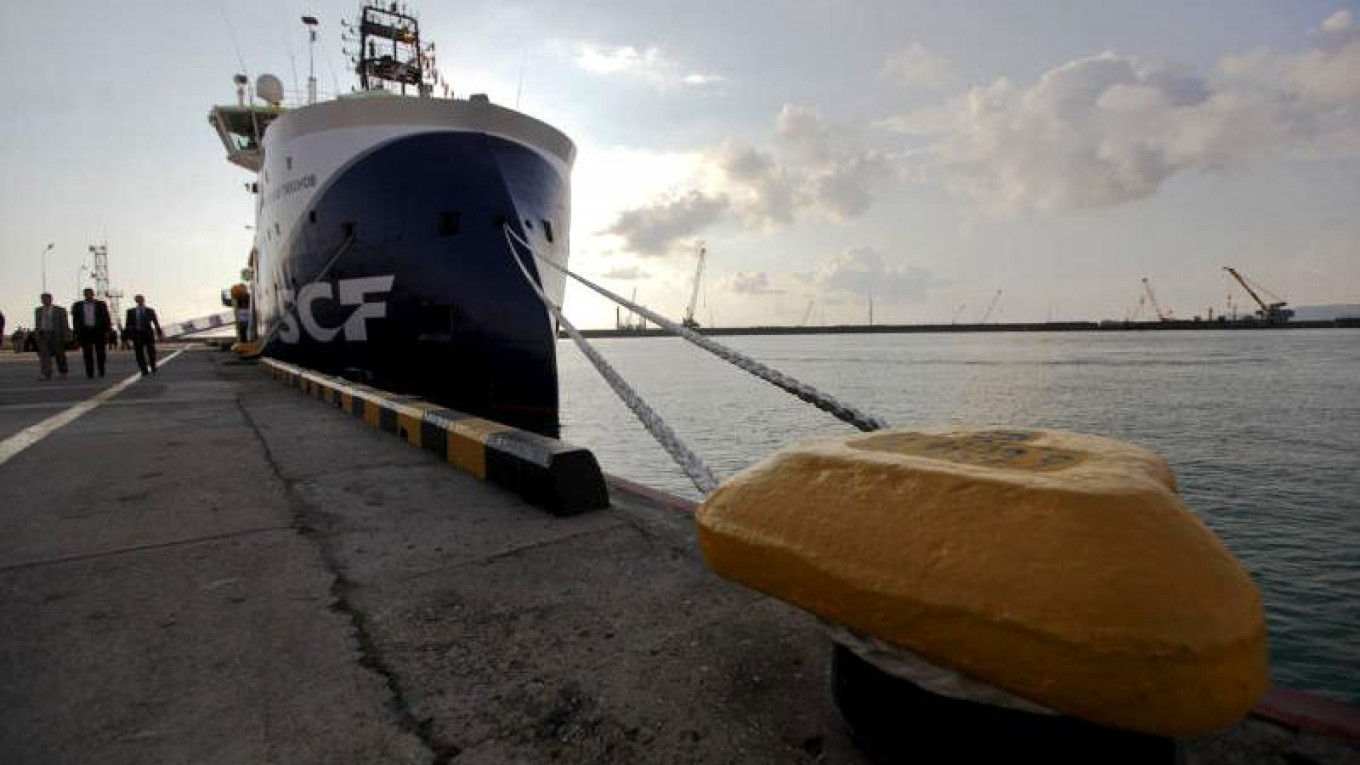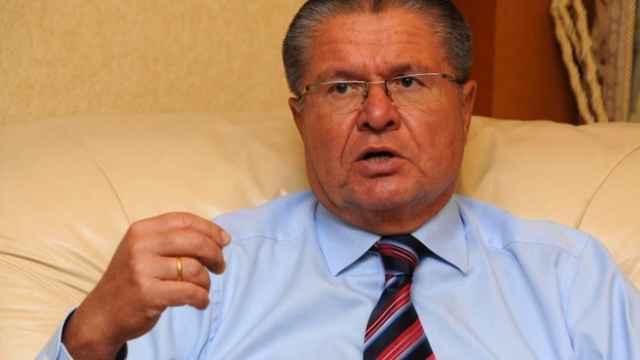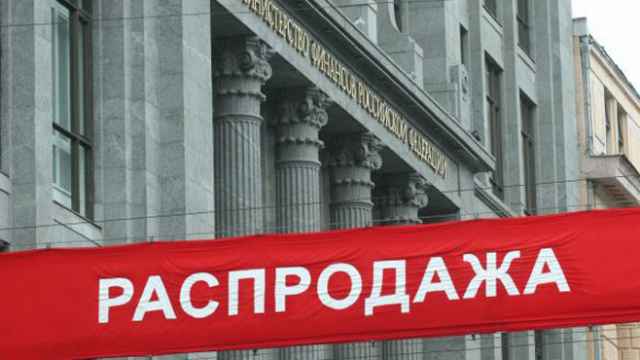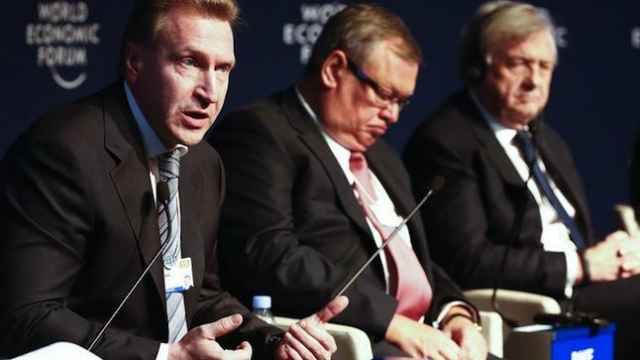The privatization of shipping company Sovcomflot has been postponed to 2017, according to a Federal Property Management Agency (FPMA) representative and one federal official with knowledge of the privatization process.
Sovcomflot is 100 percent state-owned through the FPMA. The
government had originally planned to sell a 25-percent-minus-1-share
stake in the shipping company this year. The postponement means that
instead of several major government sell-offs scheduled for 2016, now
only plans to privatize oil producer Rosneft remain in place.
According to IFRS data, in the first half of 2016, Sovcomflot saw
a 23.3 percent decline in net profits to $165.9 million, a 9.2
percent drop in revenues to $680.2 million, and a 1.9 percent fall in
EBITDA to $385.8 million. The company said it was a result of lower
demand for tanker shipments. “In some segments of the tanker
market, spot rates fell by approximately one-third year on year and,
of course, that affected the entire industry,” Sovcomflot CEO
Sergei Frank said.
In an interview with Bloomberg in June, Frank mentioned a
possible IPO in the first quarter of 2017 and suggested that the
authorities at least wait to see the result of the “Brexit”
vote. “It is important that London continue operating as an
international marine hub and that no additional obstacles to shipping
appear,” Frank said, adding that such external factors greatly
influence the company’s value. In early July, Deputy Transportation
Minister Viktor Olersky announced that the government planned to sell
the stake in Sovcomflot this year.
Sovcomflot specializes in the transportation of oil, petroleum
products, and natural gas. Its clients include the largest oil and
gas companies in Russia: Rosneft, Gazprom and Novatek.
Portnews development director Nadezhda Malysheva said that the
later the government sells the Sovcomflot stake, the better, and that
it should wait at least until the company issues its annual report
for 2016. She pointed out that 2015 was one of the best in the last
20 years for Sovcomflot, with net revenues (income from freight and
rent minus voyage expenses) totaling $1.24 billion, and net profits
reaching $354.5 million. She predicts that results for 2016 will be
as good or better. “Two years of sustained growth will increase the
company’s sale value,” she said.
Sovcomflot is a major international company and an object of
interest to not only Russian investors, but also international and
portfolio investors, according to Infoline-Analytics CEO Mikhail
Burmistrov. “The situation with sanctions might change in 2017,”
he said, “and that would have a huge impact on the value of the
company.”
The state first considered selling a stake in Sovcomflot on the
stock exchange as early as 2015, planning at the time to generate 24
billion rubles in revenues for government coffers. However, no IPO
took place at the time. Economic Development Minister Alexei
Ulyukayev said in May that the value of the stake remains unchanged
and confirmed optimistic predictions regarding the extent to which
privatization would augment the federal budget in 2016. “We
maintain plans to sell shares in major state-owned companies
Bashneft, Rosneft, Sovcomflot and VTB,” he told Interfax. “If
privatization of major state assets proceeds successfully in 2016,
the federal budget will receive up to 1 trillion rubles.”
In mid-August, Prime Minister Dmitry Medvedev’s spokeswoman
Natalya Timakova announced that that the Prime Minister had decided
to push back the privatization of a 25-percent stake in Bashneft to a
later date and that President Vladimir Putin had given his approval,
though she did not explain the reason why. Ulyukayev had earlier
indicated that the privatization of 19.5 percent of Rosneft could
also be shifted to 2017. First Deputy Prime Minister Igor Shuvalov
has said that privatization of a 10.9-percent stake in VTB had been
postponed to 2017.
A Message from The Moscow Times:
Dear readers,
We are facing unprecedented challenges. Russia's Prosecutor General's Office has designated The Moscow Times as an "undesirable" organization, criminalizing our work and putting our staff at risk of prosecution. This follows our earlier unjust labeling as a "foreign agent."
These actions are direct attempts to silence independent journalism in Russia. The authorities claim our work "discredits the decisions of the Russian leadership." We see things differently: we strive to provide accurate, unbiased reporting on Russia.
We, the journalists of The Moscow Times, refuse to be silenced. But to continue our work, we need your help.
Your support, no matter how small, makes a world of difference. If you can, please support us monthly starting from just $2. It's quick to set up, and every contribution makes a significant impact.
By supporting The Moscow Times, you're defending open, independent journalism in the face of repression. Thank you for standing with us.
Remind me later.






